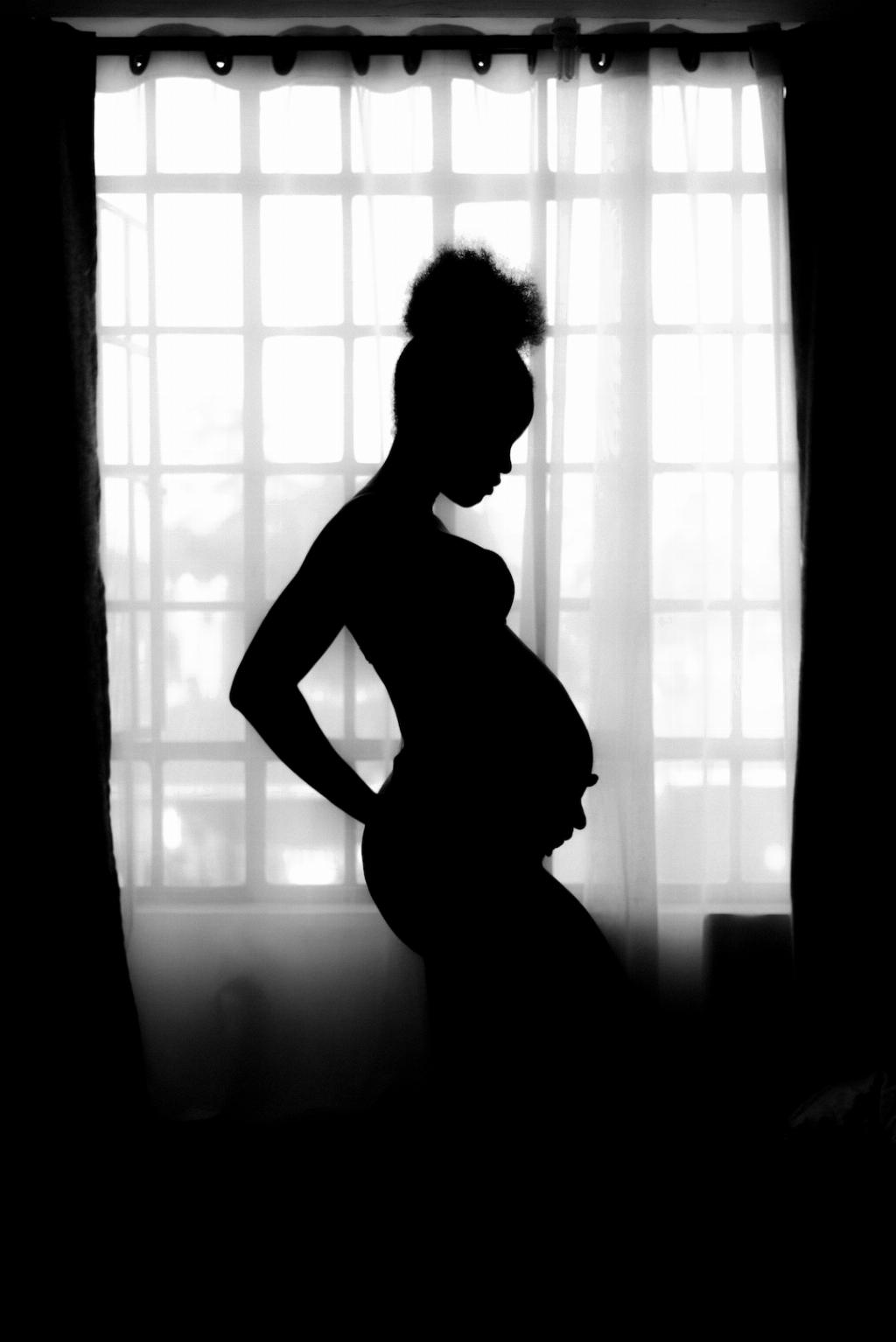When it comes to pregnancy and hypothyroidism, it’s essential to understand the potential risks and challenges that may arise. Untreated or inadequately treated hypothyroidism can have significant implications for both the mother and the developing baby. It’s crucial for individuals with hypothyroidism who are planning to conceive or are already pregnant to work closely with their healthcare provider to ensure optimal management of their condition throughout pregnancy.
One of the key concerns associated with untreated hypothyroidism during pregnancy is an increased risk of miscarriage. Research has shown that hypothyroidism can contribute to a higher incidence of miscarriages, highlighting the importance of managing thyroid function before and during pregnancy to reduce this risk.
In addition to the risk of miscarriage, untreated hypothyroidism has been linked to a range of maternal complications that can impact both the mother’s health and the outcome of the pregnancy. These complications may include maternal anemia, myopathy (characterized by muscle pain and weakness), congestive heart failure, pre-eclampsia, placental abnormalities, and postpartum hemorrhage.
Maternal anemia, a condition characterized by a deficiency of red blood cells, can lead to fatigue, weakness, and other health issues for the mother. Managing hypothyroidism effectively can help reduce the risk of developing anemia during pregnancy, promoting better overall health for both the mother and the baby.
Myopathy, a condition characterized by muscle pain and weakness, can impact the mother’s ability to carry out daily activities and may contribute to discomfort during pregnancy. Proper management of hypothyroidism, including regular monitoring of thyroid hormone levels, can help reduce the likelihood of developing myopathy during pregnancy.
Congestive heart failure is a serious condition that can have life-threatening implications for both the mother and the baby. Individuals with hypothyroidism are at an increased risk of developing heart-related complications, underscoring the importance of closely monitoring thyroid function and working with a healthcare provider to manage the condition effectively during pregnancy.
Pre-eclampsia is a condition characterized by high blood pressure and signs of damage to an organ system, often the liver and kidneys, that typically occurs after 20 weeks of pregnancy. Untreated hypothyroidism may contribute to an elevated risk of pre-eclampsia, highlighting the importance of maintaining optimal thyroid function throughout pregnancy to minimize this risk.
Placental abnormalities, such as placental insufficiency or placental abruption, can result in serious complications for the mother and the baby. Individuals with hypothyroidism may be at an increased risk of experiencing placental abnormalities, emphasizing the need for careful management of thyroid function during pregnancy to reduce this risk.
Postpartum hemorrhage, or excessive bleeding following childbirth, is a significant concern for individuals with hypothyroidism. Proper management of the condition before and during pregnancy can help reduce the risk of postpartum hemorrhage, promoting a safer and healthier recovery for the mother.
In conclusion, while pregnancy with hypothyroidism can pose certain risks and challenges, effective management of the condition through close collaboration with a healthcare provider can help minimize these risks and promote a safe and healthy pregnancy outcome. Regular monitoring of thyroid function, timely adjustments to medication dosages as needed, and adherence to recommended lifestyle and dietary guidelines can all play a crucial role in supporting the well-being of both the mother and the developing baby throughout pregnancy.

